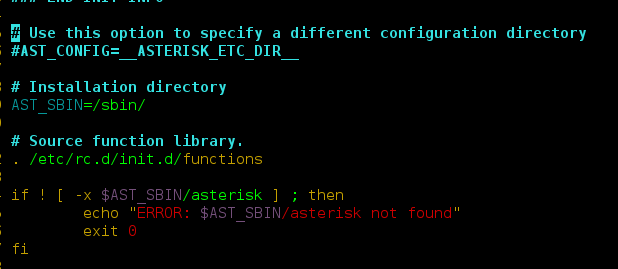The localDateTime() method of java.time.chrono.MinguoChronology class is used to retrieve the local date and time according to Minguo calendar system from any other object of temporal accessor.
Syntax:
public ChronoLocalDateTime
localDateTime(TemporalAccessor temporal)
Parameter: This method takes the object of any temporal accessor as a parameter.
Return Value: This method returns the local date and time according to Minguo calendar system from any other object of the temporal accessor.
Below are the examples to illustrate the localDateTime() method:
Example 1:
// Java program to demonstrate// localDateTime() method import java.util.*;import java.io.*;import java.time.*;import java.time.chrono.*; public class GFG { public static void main(String[] argv) { try { // creating and initializing // MinguoDate Object MinguoDate hidate = MinguoDate.now(); // getting MinguoChronology // used in MinguoDate MinguoChronology crono = hidate.getChronology(); // creating and initializing // TemporalAccessor object ZonedDateTime zonedate = ZonedDateTime.parse( "2018-10-25T23:12:31." + "123+02:00[Europe/Paris]"); // getting MinguoDate for the // given TemporalAccessor object // by using localDateTime() method ChronoLocalDateTime<MinguoDate> date = crono.localDateTime(zonedate); // display the result System.out.println("MinguoDate is: " + date); } catch (DateTimeException e) { System.out.println( "passed parameter can" + " not form a date"); System.out.println( "Exception thrown: " + e); } }} |
MinguoDate is: Minguo ROC 107-10-25T23:12:31.123
Example 2:
// Java program to demonstrate// localDateTime() method import java.util.*;import java.io.*;import java.time.*;import java.time.chrono.*; public class GFG { public static void main(String[] argv) { try { // creating and initializing // MinguoDate Object MinguoDate hidate = MinguoDate.now(); // getting MinguoChronology // used in MinguoDate MinguoChronology crono = hidate.getChronology(); // creating and initializing // TemporalAccessor object LocalDateTime localdate = LocalDateTime .parse("2018-12-30T19:34:50.63"); // getting MinguoDate for the // given TemporalAccessor object // by using localDateTime() method ChronoLocalDateTime<MinguoDate> date = crono.localDateTime(localdate); // display the result System.out.println("MinguoDate is: " + date); } catch (DateTimeException e) { System.out.println( "passed parameter can" + " not form a date"); System.out.println( "Exception thrown: " + e); } }} |
MinguoDate is: Minguo ROC 107-12-30T19:34:50.630




